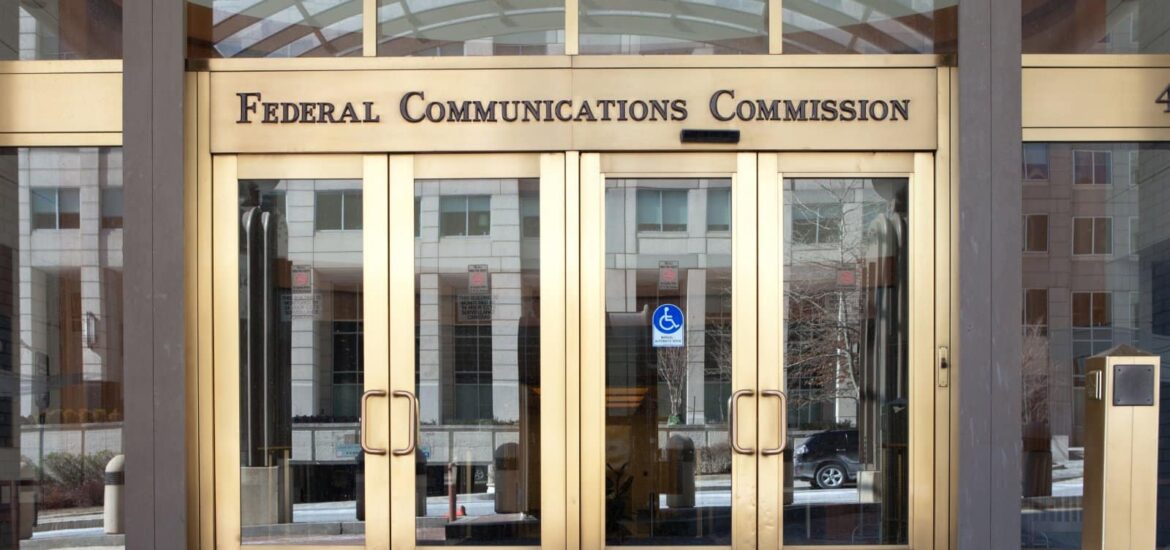In a recent meeting the FCC voted to change regulations around cable “junk fees” and high-speed internet standards, moves that have attracted criticisms from a major trade association.
Action on “Junk Fees”

The U.S. government has taken action on cable “junk fees,” forcing providers to advertise comprehensive payment plans and prices, so consumers know exactly what they are getting before they sign up.
Big Changes for Cable Companies
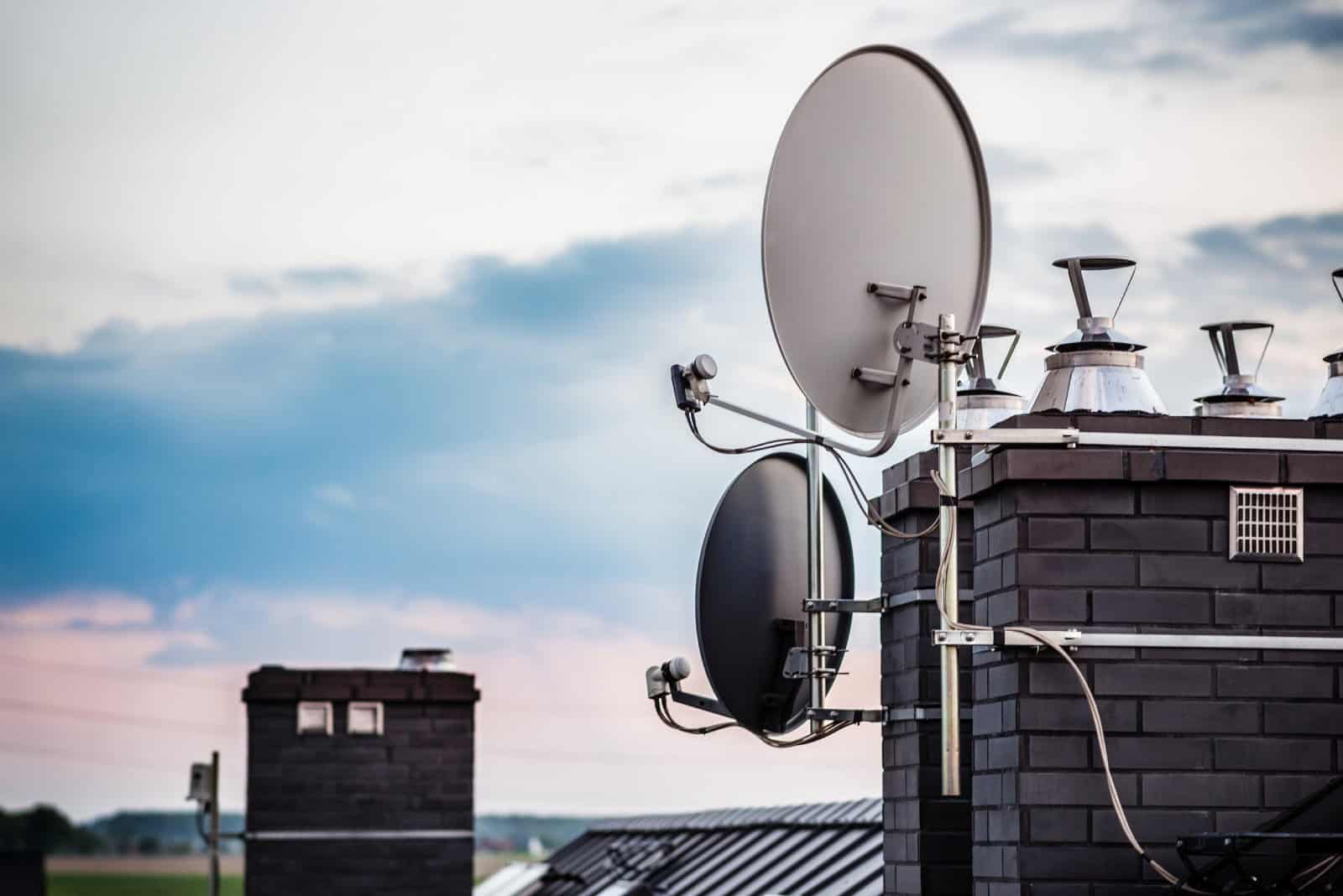
Based on decisions made by the Federal Communications Commission, all cable and satellite TV companies operating in the U.S. will be required to disclose “all-in” prices to their customers.
All-Inclusive Fees

These price plans must include the base fee as well as miscellaneous fees that are sometimes undisclosed in billing and marketing materials.
Hidden Extras

These miscellaneous fees can often include sports programming, regional broadcasts, equipment rental fees, licensing surcharges, and more.
No More Surprises

“No one likes surprises on their bill,” said FCC chairman Jessica Rosenworcel in a statement announcing the mandate.
Advertised Price Should Be the Final Price

“The advertised price for a service should be the price you pay when your bill arrives,” she continued. “It shouldn’t include a bunch of unexpected junk fees that are separate from the top-line price you were told when you signed up.”
More Than Inconvenience

She argued that these hidden fees were more than just an inconvenience for the average consumer, but they made it difficult to “compare services in a market that is evolving and has so many new ways to watch.”
A Large Portion of Your Bill

During discussions the FCC claimed that between 24 to 33% of all bills for cable and satellite TV came from these particular “junk fees.”
Bills That Are “Transparent and Fair”
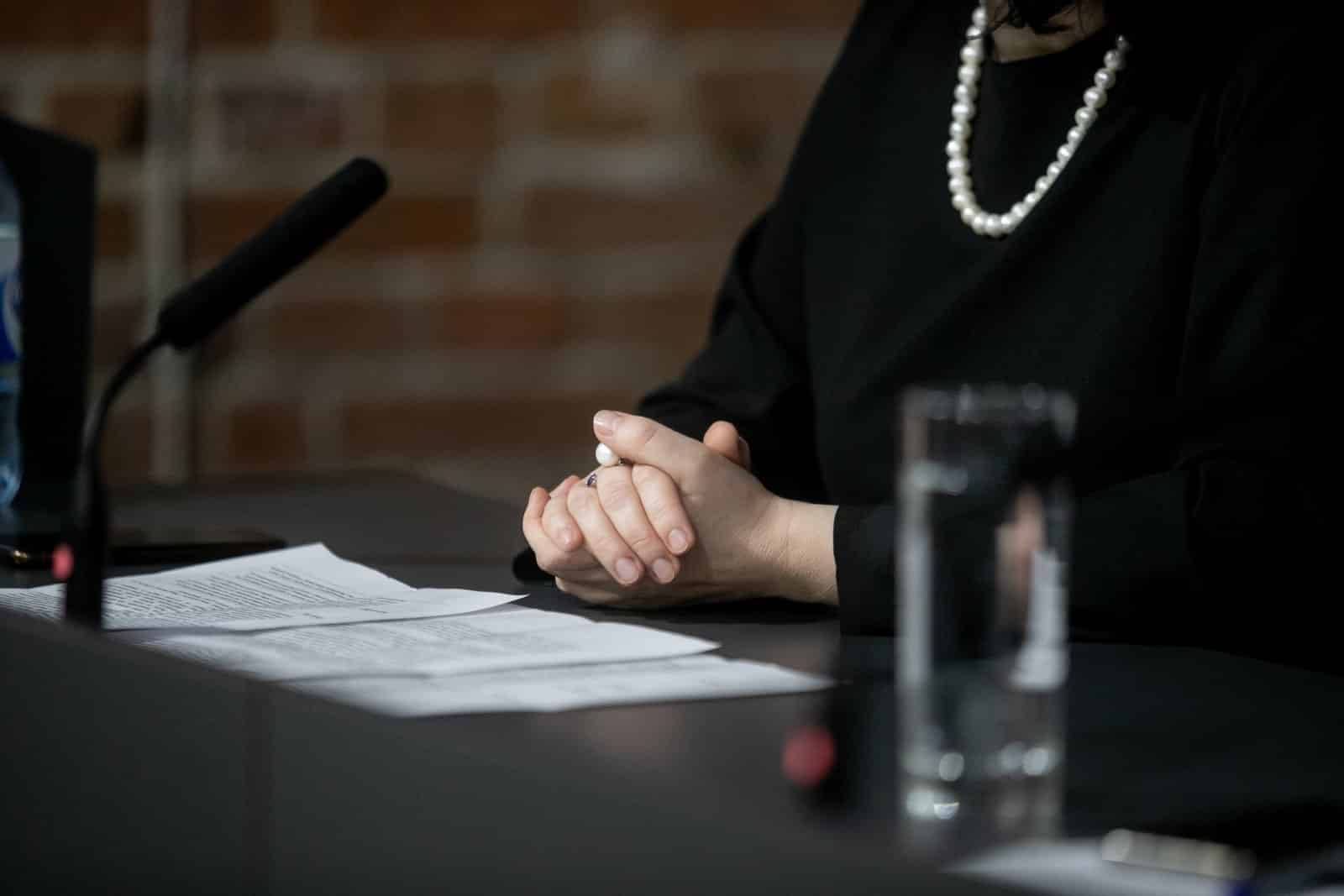
“We can have bills that are transparent and fair. This is a step in that direction and that is good news for consumers,” Rosenworcel concluded.
A Misguided Mandate

But not everyone agrees that these new changes will help customers, or promote more fairness and transparency than already exists. Some, like the cable provider trade association NCTA, have called the mandate “misguided.”
NCTA Pushback

In a filing to the FCC in response to the move, the NCTA claimed that the change was unnecessary as the industry-wide practice of breaking down fees into line-by-line items makes payment plans clear enough.
Pre-Existing Customer Protections

“Our members clearly disclose the specific amounts of the fees that will apply and the total amount customers will pay for service, thereby ensuring that customers are not ‘surprised by unexpected fees,’” the filing stated.
“A Lose-Lose Proposition”

They went even further in a public statement, calling it a “lose-lose proposition” for consumers, as it would make advertising more cluttered and confusing, and force providers to leave certain pricing information out.
Claims It Will “Confuse” Customers

“Today’s misguided action will not help consumers and will only add confusion from government-imposed ad requirements,” they claimed.
The Digital Divide

In the same meeting, the FCC also discussed the issue of internet availability in the US, and released a report on what they call the “digital divide.”
Millions Without High-Speed Internet

According to the report, tens of millions of citizens don’t have access to high-speed internet in their homes.
A Modern Necessity

While this may not have been a major issue 5 to 10 years ago, as the world becomes increasingly reliant on home internet for work, communication, home maintenance, and more, it is far more relevant.
Poor Internet In Rural Areas

Using government data from 2022, the report showed that 28% of Americans living in rural areas are affected by poor internet access, and 7% of all Americans do not have access to high-speed internet.
Changes to Internet Definitions
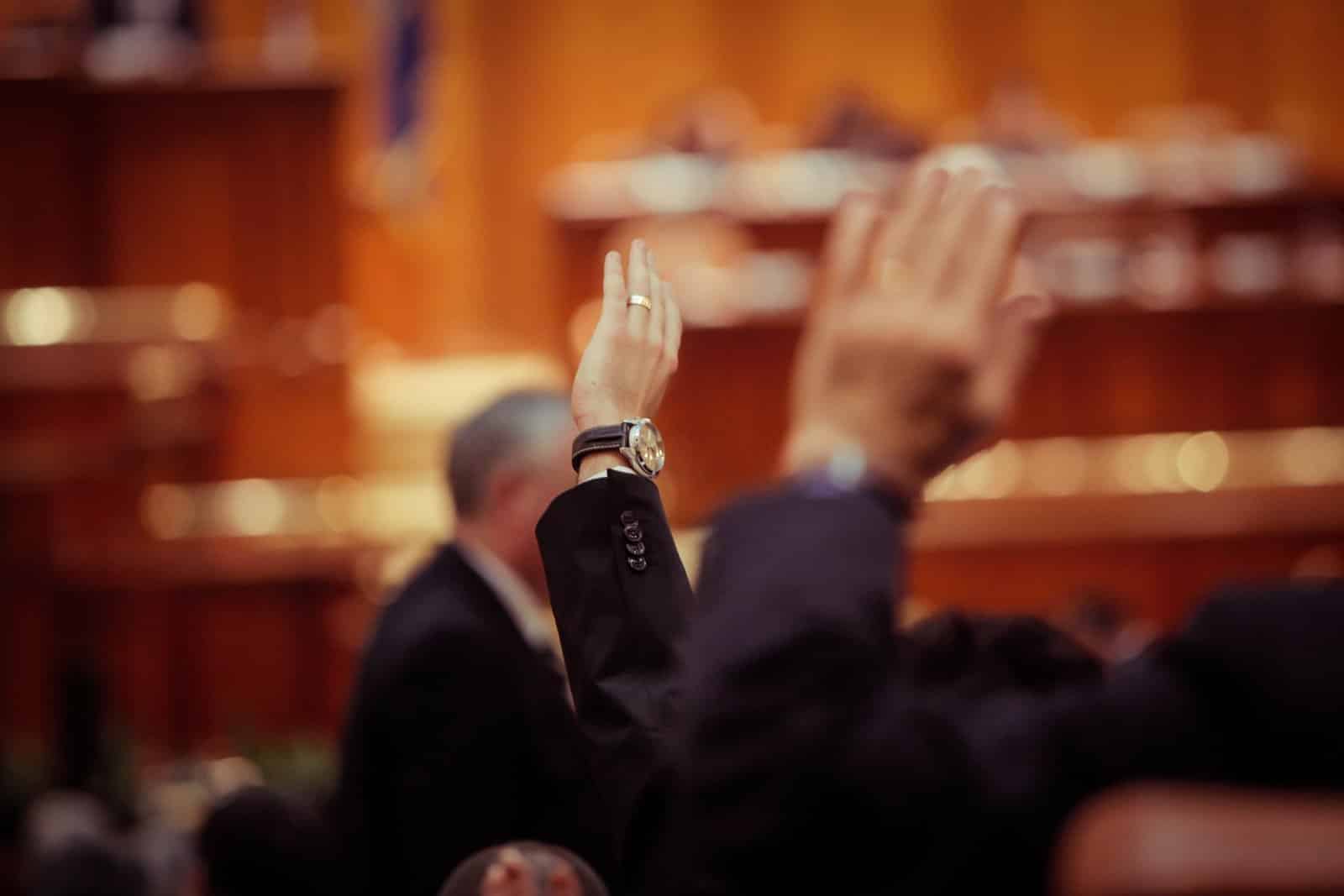
During the meeting, the FCC voted to change the definition of high-speed internet. The threshold has been shifted from a minimum download speed of 25 Mbps to 100 Mbps, and an upload speed of 3 Mbps to 20 Mbps.
Still Not Happy

The NCTA also criticized the changes to high-seed internet definitions, calling it a “missed opportunity” to acknowledge significant improvements in broadband accessibility for Americans in recent years.
Biden’s New 401(k) Rule: Employers Frustrated as Retirement Planning Responsibilities Shift

The latest Biden administration rule on 401(k) plans is reshaping how employers manage retirement plans. It’s a complex scenario requiring a fresh understanding of fiduciary duties and provider relationships. This rule aims to protect employees but also imposes new responsibilities on employers. Biden’s New 401(k) Rule: Employers Frustrated as Retirement Planning Responsibilities Shift
Elon Musk: New Immigration Bill ‘Enables Illegals to Vote’

Elon Musk is calling for prosecutions after the text for a new senate bill on immigration was released. Musk accused the new bill of “enabling illegals to vote.” Elon Musk: New Immigration Bill ‘Enables Illegals to Vote’
Colorado Officials Reject Sanctuary City Status, Warn Against ‘Dangerous Game’

With increasing numbers of migrants arriving in Colorado, public officials have rejected any notion of the state becoming a sanctuary for migrants and asylum seekers. Colorado Officials Reject Sanctuary City Status, Warn Against ‘Dangerous Game’
Disney Challenges DeSantis’ “Don’t Say Gay” Rule With a Hefty Lawsuit

Disney is set to appeal its refusal for a lawsuit against Ron DeSantis, who stripped the company of its rights for disagreeing with the Governor’s views on the teaching of sexual orientation in classrooms. Disney Challenges DeSantis’ “Don’t Say Gay” Rule With a Hefty Lawsuit
Trump on the Attack as 21 Million Americans Flock to Obamacare, Biden Pushes Forward
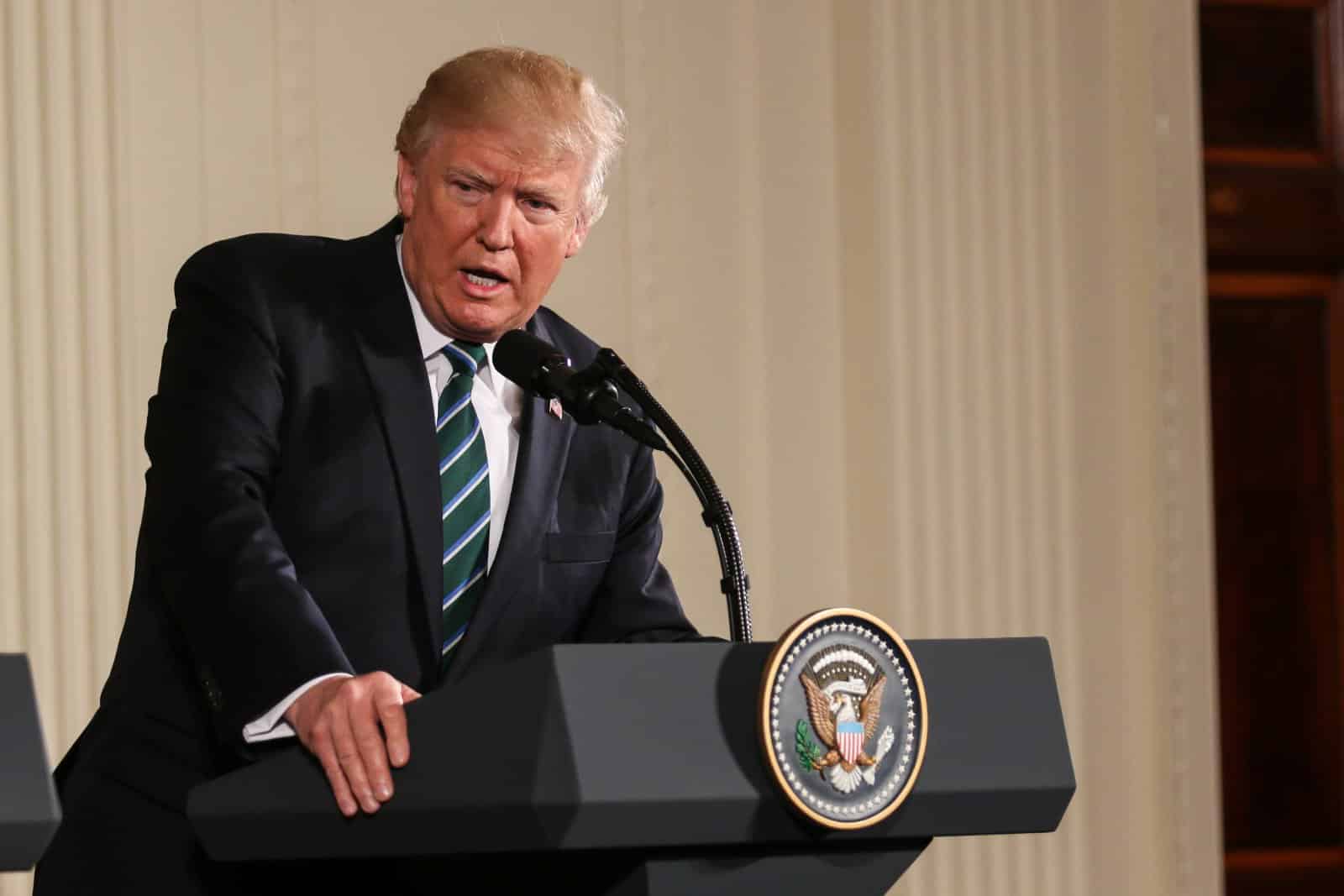
An unprecedented surge in health plan enrollments has reignited former President Donald Trump’s commitment to dismantling the program should he secure the GOP nomination once again. Trump on the Attack as 21 Million Americans Flock to Obamacare, Biden Pushes Forward
The post FCC Forces Cable Providers to Disclose ‘Junk Fees’ and Internet Standards first appeared on From Frugal to Free.
Featured Image Credit: Shutterstock / Mark Van Scyoc.
The content of this article is for informational purposes only and does not constitute or replace professional financial advice.
